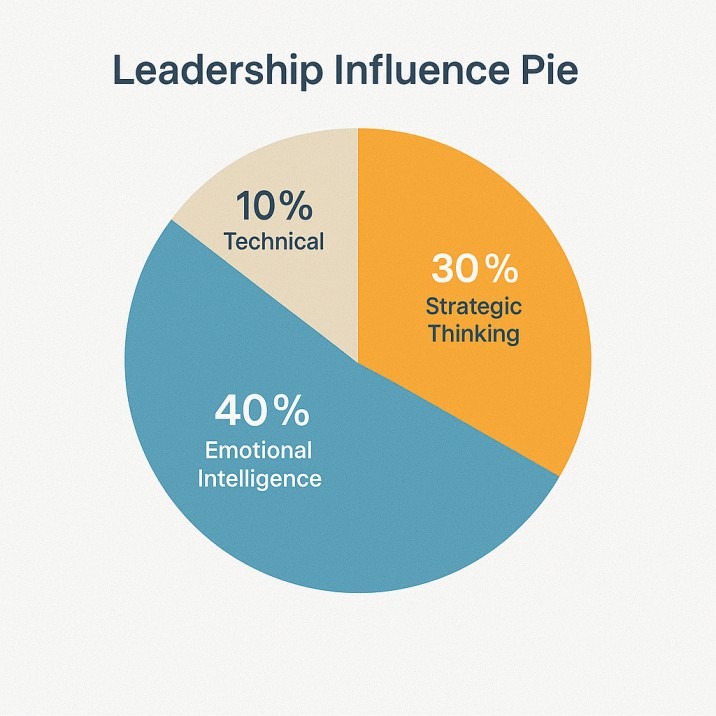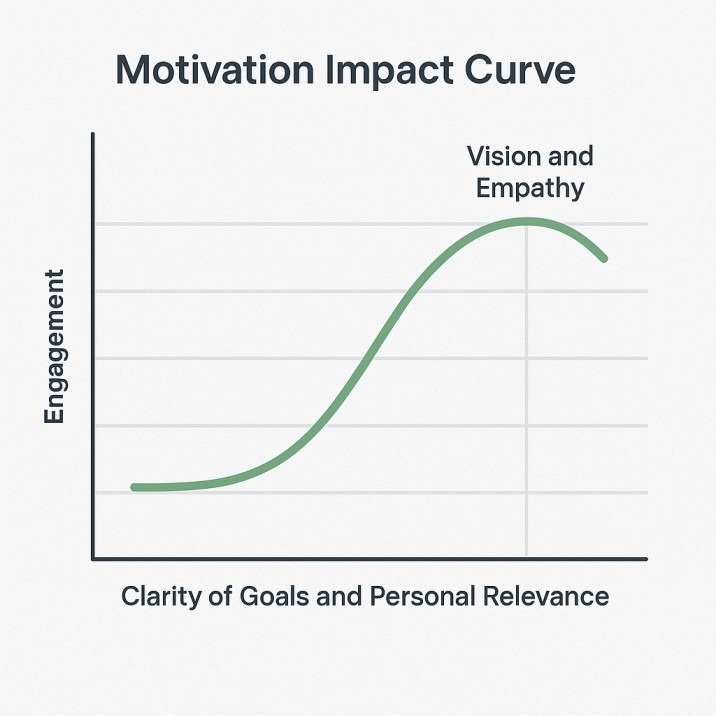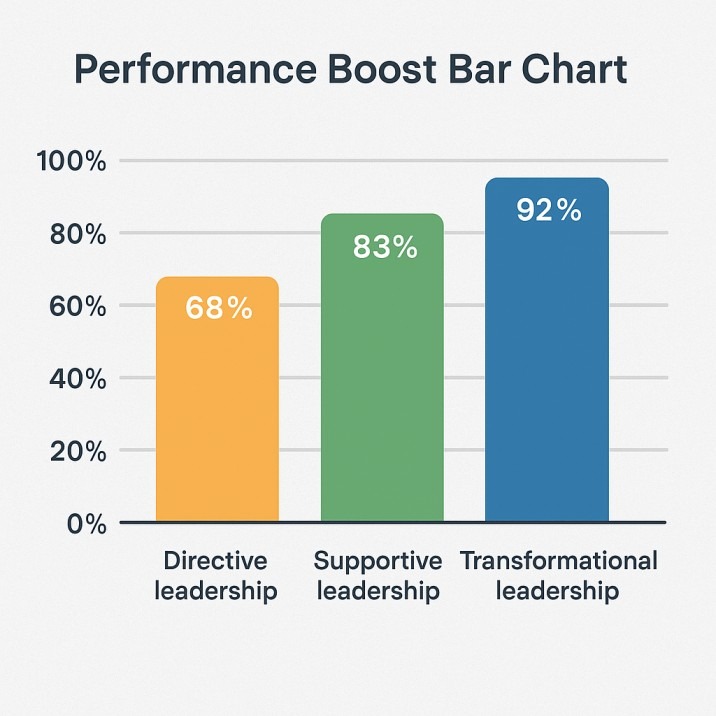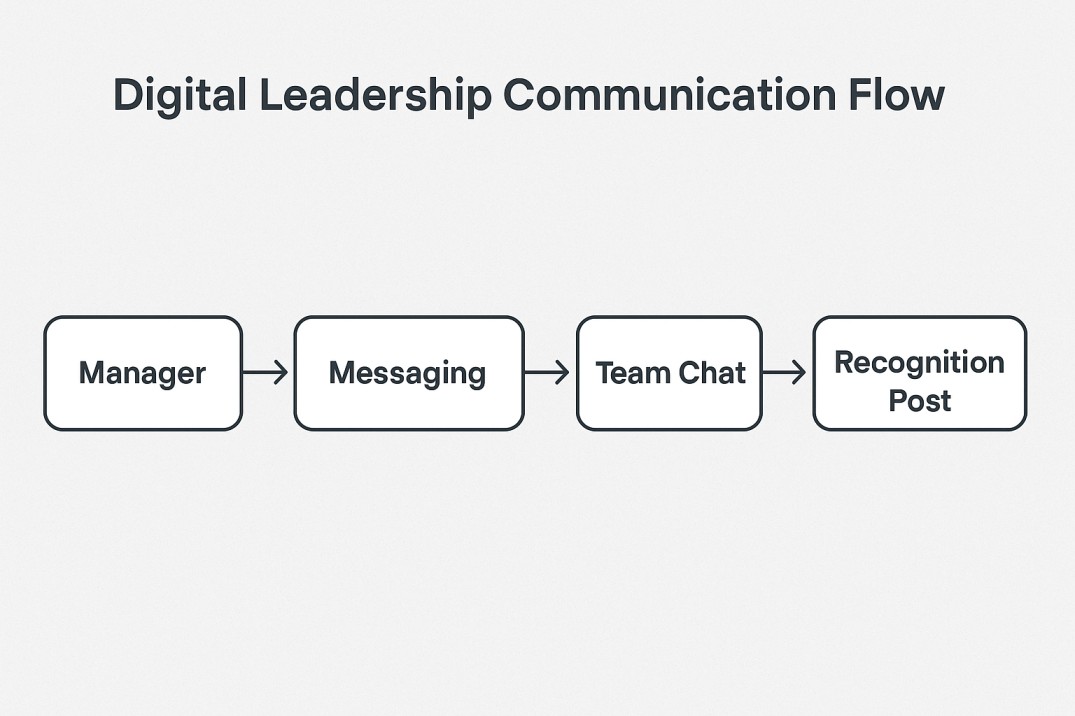Leadership skills for managers have become the true currency of influence. A manager’s role no longer ends with delegation or meeting deadlines — it begins with understanding people, inspiring trust, and shaping purpose. The difference between a manager who merely manages and one who truly leads lies in the ability to create impact that lasts beyond a single project or team cycle.
Leadership skills for managers are not abstract theories. They are living behaviors — the way decisions are made under stress, the way feedback is delivered when stakes are high, and the way team spirit is restored after a setback. In a hybrid workspace, where connection can feel distant and motivation fragmented, these skills define whether a company survives or thrives.
Leadership skills for managers define how teams grow, adapt, and stay inspired. Impactful leaders blend emotional intelligence, adaptability, and clear communication to build trust and resilience. True leadership turns direction into collaboration, guiding teams with empathy and purpose that transform daily management into lasting influence.
Emotional Intelligence: The Foundation of Impactful Leadership
Leadership skills for managers who seek impact begin with emotional understanding. The ability to sense tension, read nonverbal cues, and detect early signs of disengagement builds psychological safety. Managers who demonstrate empathy and composure under pressure set the emotional temperature for their teams. In turn, trust becomes the foundation that sustains creativity and loyalty.
But emotional awareness without direction can drift into comfort without progress. That’s why leadership skills for managers also demand strategic clarity — the art of transforming company vision into daily action. A strong leader connects high-level goals to individual purpose. When employees see how their work contributes to something greater, they become intrinsically motivated.

The Listening Leader: Influence Through Understanding
Leadership skills for managers are also tested most in moments of silence — in how they listen. The best leaders don’t dominate meetings; they draw ideas from others. Active listening transforms conversations into innovation. It sends a signal that every perspective matters. This inclusive approach is what separates authority from influence.
In many organizations, managers are promoted for technical expertise but left unequipped to lead humans. Leadership skills for managers bridge this gap. They teach adaptability — the skill of pivoting between directive and coaching styles. Some situations call for precision, others for patience. Mastering that flexibility is what turns competence into wisdom.

Adaptability and Performance: The Hidden ROI of Great Leadership
When leadership becomes adaptive, results follow. A McKinsey study found that teams under emotionally intelligent leaders outperform others by up to 20%. The return isn’t just financial; it’s cultural. High-impact managers build environments where initiative feels safe and mistakes become lessons rather than punishments.

Communication: The Pulse of Leadership Skills for Managers
Communication remains another cornerstone of leadership skills for managers. The right message at the wrong time can fracture morale. The wrong tone can silence talent. Strong leaders learn to balance transparency with reassurance — sharing truth without spreading fear. Every meeting, memo, or message carries emotional weight, shaping the organization’s rhythm and resilience.
Feedback culture reflects this balance. Effective leadership skills for managers turn feedback into dialogue, not verdict. Constructive input builds alignment and confidence, while blame corrodes both. When a leader learns to critique with care, they cultivate commitment instead of compliance.
Leading in the Digital Age: Building Connection Without Proximity
In modern workplaces, digital tools amplify leadership visibility. Remote environments make leadership skills for managers even more critical, as tone and presence must travel through pixels. The absence of physical cues demands greater intentionality in words and timing. Virtual empathy — recognizing when to check in, when to pause, and when to celebrate — becomes an art form.

Crisis Leadership: Calm, Clarity, and Character
Yet the ultimate test of leadership skills for managers is not during growth, but in crisis. Pressure exposes the quality of a leader’s internal structure. Impactful leaders remain calm not because they lack fear, but because they prioritize clarity over chaos. They gather information before judgment, rally confidence without denial, and model the behaviors they expect from their teams.
The paradox of leadership skills for managers is that their success is invisible when done right. A thriving culture, low turnover, and steady motivation rarely announce themselves; they simply exist. But behind every cohesive team is a leader who listens deeply, thinks broadly, and acts deliberately.
The Resilient Manager: Balancing Drive and Renewal
Resilience completes the picture. Leadership skills for managers include self-management — the unseen discipline of reflection and boundary-setting. Leaders who never pause soon run on empty. Those who integrate rest, learning, and humility lead longer and with greater authenticity. Their impact endures because it’s grounded, not performative.
Final Words
Ultimately, leadership skills for managers who lead with impact are not a checklist. They’re a mindset that transforms work from obligation to collaboration. Every project becomes a learning ecosystem, every challenge a chance to grow together. When managers evolve from supervisors to catalysts, organizations shift from functioning to flourishing.
As the future of work grows more decentralized, the human touch becomes the most irreplaceable skill of all. The next generation of leaders will not be defined by authority but by empathy, adaptability, and purpose. Leadership skills for managers, once considered soft, are now the hardest to master — and the most powerful to sustain.
True impact does not come from titles, tools, or targets. It comes from the quiet consistency of a leader who listens, learns, and lifts others. When leadership becomes less about power and more about presence, the result is not just performance — it’s legacy.
Andrea Balint is a writer and researcher focused on human behavior, workplace psychology, and personal growth. Through her work at CareersMomentum, she explores how mindset, leadership, and emotional intelligence shape modern careers. With a background in communication and HR development, she transforms complex ideas into practical insights that help readers build clarity, confidence, and professional purpose.
